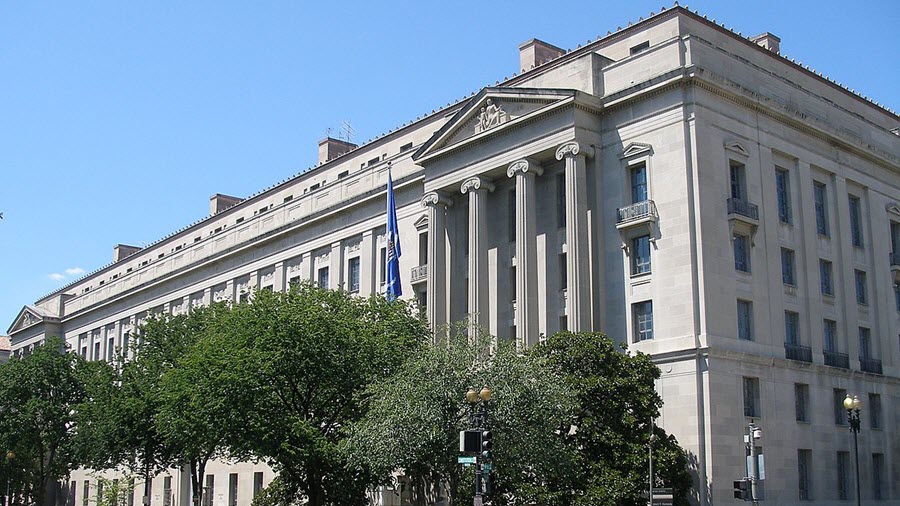MIC Coalition to DOJ: Don't Change Music Licensing Consent Decrees
Signal that in time of COVID-19, well enough should be left alone

The smarter way to stay on top of broadcasting and cable industry. Sign up below
You are now subscribed
Your newsletter sign-up was successful
The MIC coalition is telling the Justice Department not to later or pull the plug on longstanding music licensing consent decrees, saying that particularly in the time of pandemic that could add chaos to catastrophe.
That came in comments in advance of next week's DOJ public workshop on the decrees and their antitrust implications.
The Justice Department last June officially launched its latest review of the 75-year-old consent decrees with The American Society of Composers, Authors and Publishers (ASCAP) and Broadcast Music, Inc. (BMI), which collectively handle music licensing and fees for music on video and audio platforms.
The decrees circumscribe how they can license rights to public performances, but Justice, as it had earlier signaled, is reviewing those agreements to see if they should be maintained as is, terminated or modified (as the 1941 decrees have been before, ASCAP most recently in 2001 and BMI in 1994).
The decrees "require ASCAP and BMI to issue licenses covering all works in their repertory [a blanket license] upon request from music users. If the parties are unable to agree on an appropriate price for a license, the decrees provide for a “rate court” proceeding in front of a U.S. district judge."
ASCAP and BMI have suggested changes on a glide path to removing the decrees, or what the MIC coalition suggests would be a road to ruin.
The MIC Coalition's members are an eclectic group including the National Association of Broadcasters and the Consumer Technology Association but also the National Association of American Wineries and the Brewers Association. The unifying principle is that they all favor blanket over per-performance rights fees.
The smarter way to stay on top of broadcasting and cable industry. Sign up below
"MIC members spend more than a billion dollars annually in fees to license the right to publicly perform musical works and we profoundly depend on the consent decrees to ensure that we can license those rights under terms that are reasonable and free from monopolistic pricing," they told Justice.
The coalition strongly opposes any modification or termination of the decrees, which the they argue "include important, pro-competitive elements that benefit licensees, members of the songwriting community, and consumer."
They included a reference to COVID-19, saying that the impact of the virus on their members, including on the ad revenues of broadcasters and bar and restaurant tabs, translates to a catastrophic economic hit that has revealed for many the "tenuous" nature of the thin green line, as it were, between staying in business and shuttering.
"Creating more uncertainty – and even chaos – in the music licensing space by modifying or terminating the existing consent decrees would be a risky proposition at the best of times, and even absent the threat of the current pandemic," it said. "It would effectively eliminate critical safeguards that help provide business certainty and protect MIC members from anti-competitive behavior; thereby making our path to recovery in a post-COVID environment extremely more difficult."
Contributing editor John Eggerton has been an editor and/or writer on media regulation, legislation and policy for over four decades, including covering the FCC, FTC, Congress, the major media trade associations, and the federal courts. In addition to Multichannel News and Broadcasting + Cable, his work has appeared in Radio World, TV Technology, TV Fax, This Week in Consumer Electronics, Variety and the Encyclopedia Britannica.

